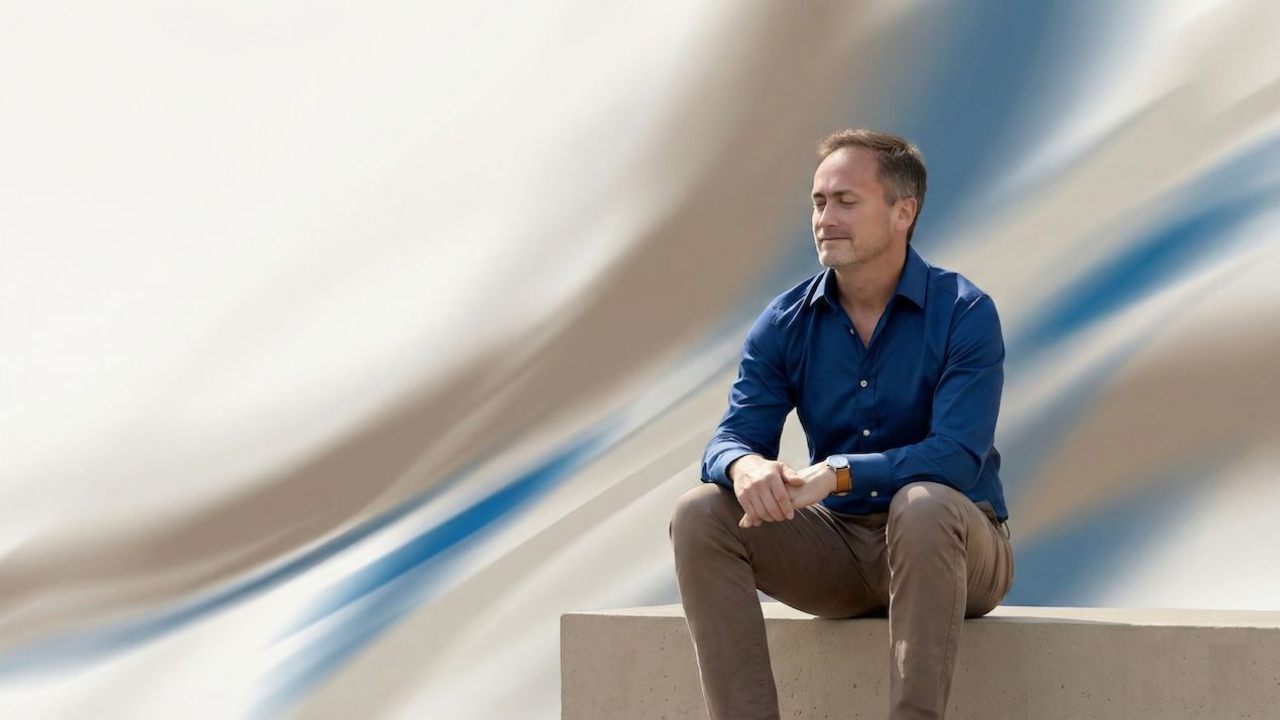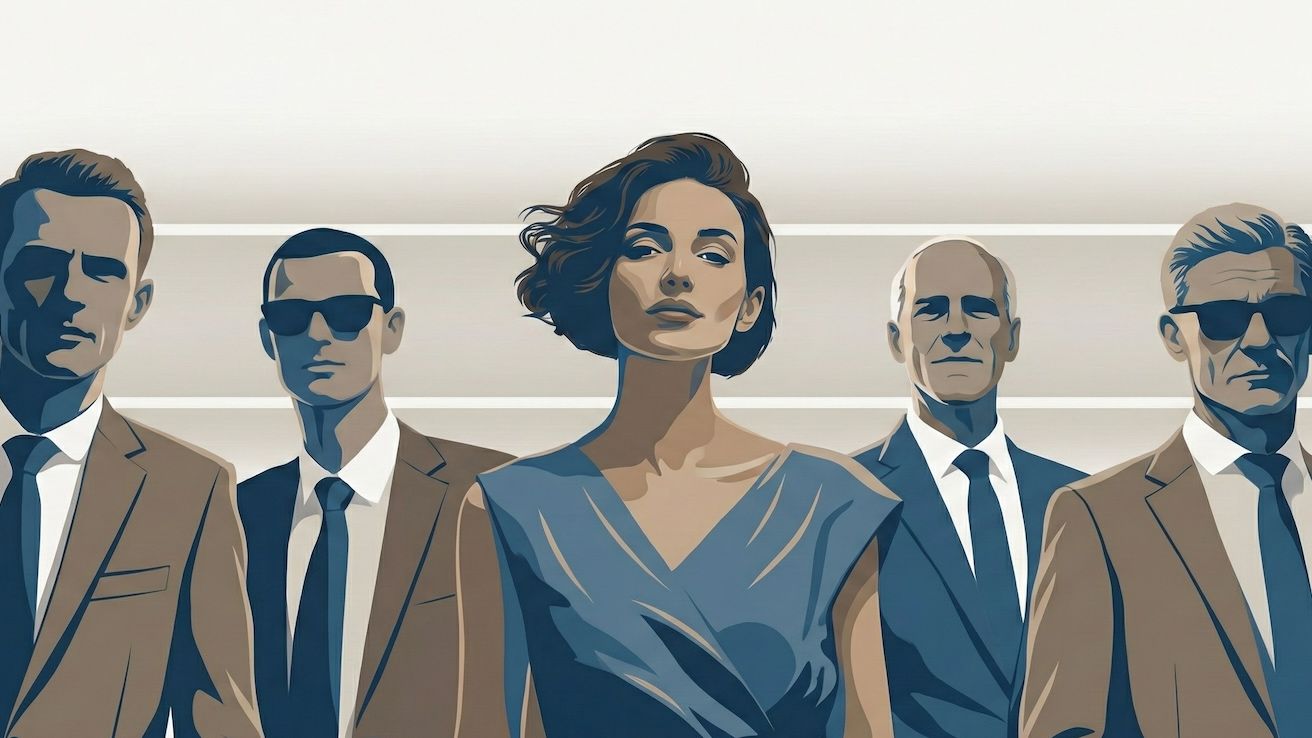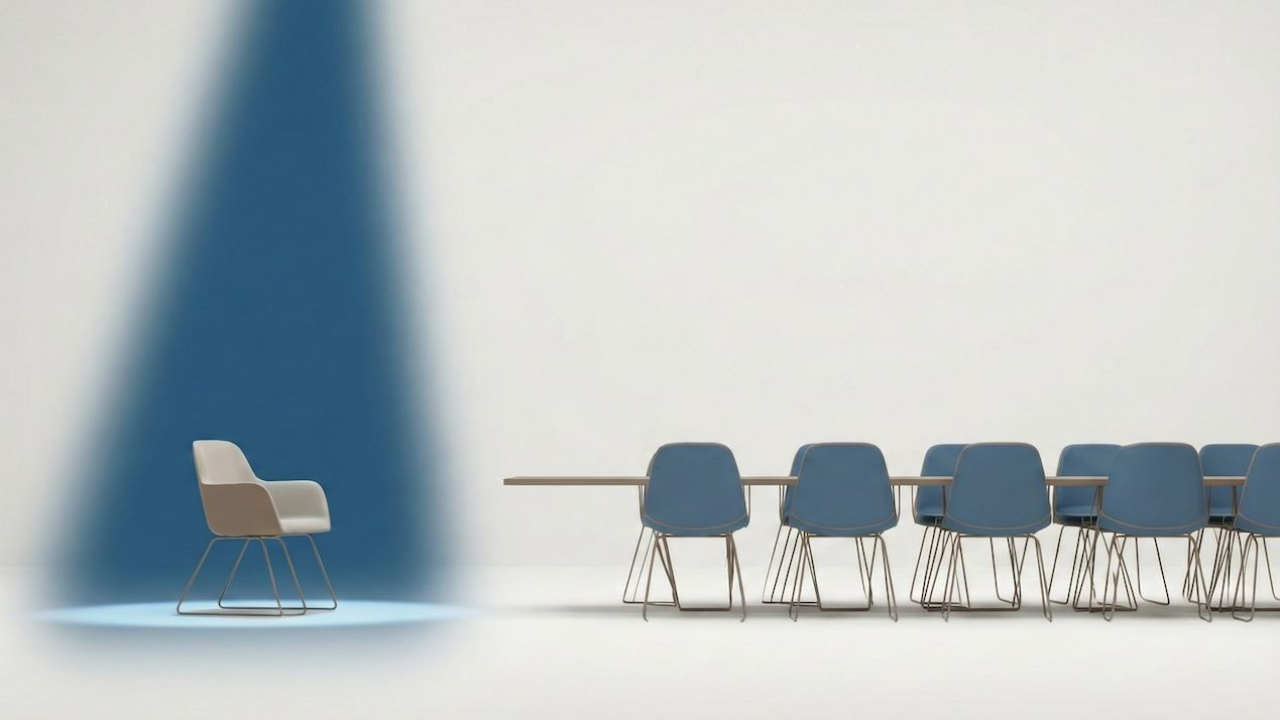The Age of 'Brain Rot': How We Unlearned to Think.
Nov 14, 2025
There is a strange paradox at the heart of our new AI-driven world. On one hand, companies are ramping up investment in artificial intelligence, a technology of god-like potential. On the other hand, corporate boards are blown away by how little they really understand about AI and are hypnotized by "groupthink". The number one strategic mistake is doing 'AI' initiatives, not 'business' initiatives".
In short, the most powerful cognitive tool in human history has arrived, and our first collective response has been to panic, copy our competitors, and buy it without a clear, deep, or strategic thought as to why.
This is the ultimate symptom of a much deeper disease. We believe AI will save us, or that it will be the source of our cognitive decline. But the hard truth is that AI is merely an accelerant. The hollowing out of human thought began long before its arrival.
We didn't just stop thinking. We were trained to.
The Breakthrough Thinkers
When we lament our modern cognitive state, we often look back with nostalgia at the "giants": the Einsteins and Da Vincis. We comfort ourselves by calling them "geniuses," as if they were a different species.
They were not. They were simply practitioners of a process that we have abandoned.
The superpower of breakthrough thinkers was not just their IQ. It was their workflow. Leonardo da Vinci, a man we now know likely had dyslexia and ADHD, cultivated a "voracious curiosity". His most valuable cognitive tools were his legs and his notebook. He took "long walks" in nature to "renew his mind". Both he and Einstein were obsessive journal-keepers.
This wasn't just a diary. It was a cognitive-enhancement device. Neurologists confirm that the analog act of writing "boosts long-term memory, illuminates patterns, gives the brain time for reflection," and "is a source of conceptual development and stimulus of the brain's highest cognition".
Their process was one of internalization. Ours, in the digital age, is one of externalization. They used tools to force their brains to think more deeply. We use tools to replace the need to think at all.
What Deep Thinking Means
"Deep thinking" is not about being "smart." It is about process.
Shallow thinking, the brain's default, is fast. It takes information at "face value". It sees only the first-order consequence—the immediate, obvious result.
Deep thinking is the slow, uncomfortable, and metabolically expensive act of rebellion against this default. It is the active process of decoupling from the immediate stimulus and asking:
-
"And then what?" (Second-order consequence)
-
"And then what?" (Third-order consequence)
-
"What am I not seeing?" (Questioning cognitive bias)
-
"What if the opposite is true?" (Considering multiple perspectives)
The essence of deep thinking lies not in the complexity of thought but in the sincerity and clarity of reflection. It is the slow, courageous work of uncovering layers of truth hidden beneath the surface.
And it is this exact process that our modern world has systematically de-trained, de-valued, and made almost impossible.
Why We Lost It
We lost the ability to think deeply because we were put into a decades-long "anti-thinking" training program. This program has two core components: our work and our leisure.
Part 1: The Prison (Work) First, we were imprisoned by what the late anthropologist David Graeber called "Bullshit Jobs". He argued that John Maynard Keynes' 1930s prediction of a 15-hour workweek failed to materialize, not for economic reasons, but rather due to "moral and political" ones. Our system, he claimed, created millions of pointless, "anti-thinking" jobs.
Whether you agree with his cause or not, the effect is undeniable. Millions of people spend eight hours a day in jobs that inflict "profound moral and spiritual damage". In such a job, deep thinking is not a virtue; it is a liability. To think deeply about the pointless nature of your own work is to invite "psychological violence".
The only way to survive is to stop thinking. The system demands and rewards shallow, performative work.
Part 2: The Anesthetic (Leisure) After eight hours in an "anti-thinking" prison, we are cognitively exhausted and existentially wounded. We go home, desperate for an escape. And we find one.
The digital "endless scroll" provides the perfect anesthetic: an "instant gratification" machine driven by "dopamine-driven feedback loops". This is the world of "brain rot," the "trivial or unchallenging" content that "shrinks the ability to invest in... deep thinking, reflection, or focused problem-solving".
This is the Vicious Cycle. We use the shallow anesthetic to numb the pain of the shallow prison. We are too distracted by our leisure to confront the meaninglessness of our work, and too exhausted by our work to engage in deep, restorative leisure.
We haven't stopped thinking. We have been trapped.
The Future of Thinking in the AI Era
Into this trap, we now introduce Generative AI.
AI is the accelerant. It is the automation of performative work. For the "bullshit job" economy, it is a blessing, allowing us to fully decouple "work product" from "thought."
This creates the great "Verification Paradox."
The promise is that AI will "augment" us. We will shift from executing tasks to verifying AI's work. But "verification" is a higher-order cognitive skill. It requires the very deep-thinking abilities that our "anti-thinking" cycle has already eroded.
We are offloading our thinking to a machine, assuming a skilled human "verifier" will be in the loop. But we have already destroyed the verifier.
We are handing the keys to a superintelligence just as we have forgotten what a steering wheel feels like. We will default to the path of least resistance: "high confidence in AI", which is negatively correlated with critical thinking.
How to Start Thinking Deeply Again
We cannot wait for the system to change. The only solution is to personally and deliberately rebel against the "anti-thinking" machine. We must resurrect the process of the breakthrough thinkers.
A helpful framework for this rebellion is Calm plus Courage equals Clarity.
-
Calm: This is the act of physical decoupling. It is the antidote to the anesthetic. It means creating time and space to disconnect from the "bottom-up" (involuntary) stimuli of the digital world. It is the restoration of "reflection".
-
Courage: This is the act of psychological decoupling. It is the antidote to the prison. It is the "sincerity" to question norms, to face the "spiritual violence" of the bullshit job, to resist the urge to numb, and to tolerate the deep discomfort of boredom.
-
Clarity: This is the outcome. It is the ability to see the "whole chain of effects", to escape the trap, and to regain your cognitive autonomy.
This is not an abstract philosophy. Start with two analog habits (then think deeply about the next ones):
-
Take a "mind-renewing" walk. Do it without a podcast or a phone.
-
Keep a journal by hand. Use it not as a diary of what happened, but as a "darkroom" to "illuminate patterns" and discover what you think.
Thinking is not a passive state. It is a verb. It is a practice. And in a world designed to engineer it out of existence, it is the most profound act of rebellion we have left.
Your move.



